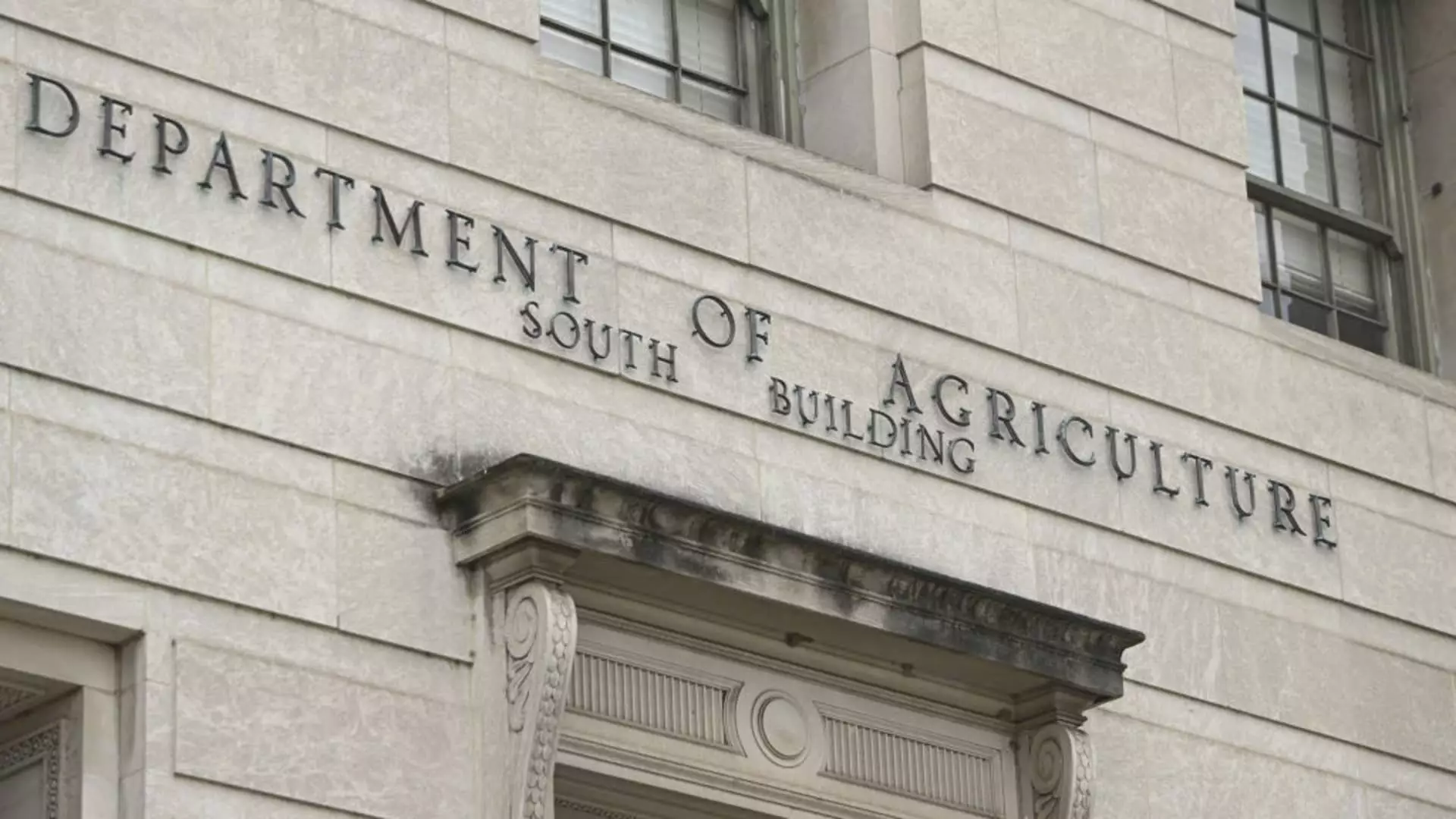As the U.S. political landscape prepares for another transition of power, the potential selection of Brooke Rollins as Agriculture Secretary by President-elect Donald Trump raises various implications for both rural and urban American societies. Rollins, who currently presides over the America First Policy Institute—a think tank known for its alignment with Trump’s agenda—could steer the Department of Agriculture (USDA) at a pivotal moment for the industry. With over 100,000 employees and a staggering budget of $437.2 billion earmarked for 2024, the USDA’s decisions have far-reaching consequences that touch on everything from trade agreements to food safety standards.
Rollins would not only inherit the responsibility of managing vast agricultural and nutritional programs; her agenda is poised to impact American diets and economic well-being significantly. The USDA is involved in diverse activities such as negotiating trade agreements, recommending dietary guidelines, and supporting rural broadband initiatives. These tasks are critical, especially at a time when food security and agricultural sustainability are pressing issues. Any shift in policy could alter the landscape of American food consumption, trade dynamics, and agricultural innovation.
Policy Directions and Challenges Ahead
Key challenges await Rollins in her potential new role, particularly concerning international trade. The renegotiation of the U.S.-Mexico-Canada Agreement (USMCA) poses an immediate hurdle; disputes over Mexico’s stance against genetically modified corn and Canada’s dairy import quotas are issues that will demand her attention. The looming shadow of tariffs, which Trump aims to reinstate, further complicates the agricultural narrative. If Rollins is to succeed, she must navigate these complex political waters while advocating for measures that support American farmers.
The America First Policy Institute, where Rollins currently holds her position, is a strong proponent of conservative values and has worked closely with Trump’s campaign to elucidate policy goals. If deployed to the USDA, Rollins’ methodology may emphasize nationalist policy reforms, potentially heralding a departure from more globalist agricultural frameworks. This ideological shift could recalibrate America’s approach to climate change and agricultural technology, especially concerning clean fuel tax credits aimed at bolstering biofuel production and sustainable aviation fuel initiatives.
In summation, the potential confirmation of Brooke Rollins as Agriculture Secretary signifies a profound potential impact not just on the agricultural sector but also on American food systems and international trade relations. The complexity of her role involves engaging with challenges that span from enhancing food safety and nutrition to dealing with contentious trade negotiations. As the new administration embarks on its journey, the choices and policies Rollins advocates will undoubtedly shape the future of agriculture in America, influencing the lives of millions dependent on the sector.

Leave a Reply